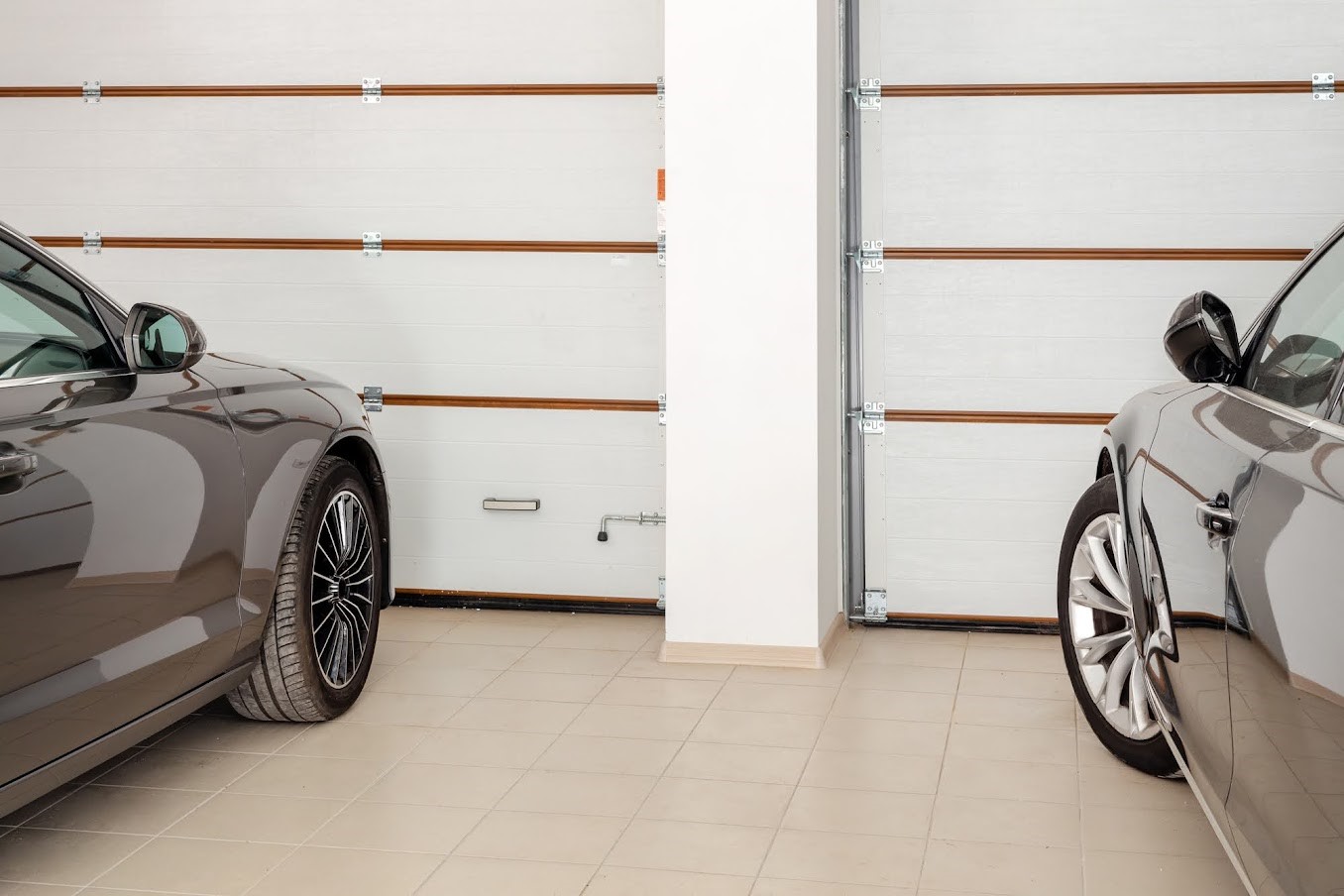Should You Store a Vehicle in Self-Storage? Some Answers
Should you store one or more vehicles in a locked facility away from home? Americans use self-storage units for a nearly unlimited range of storage needs which can — and sometimes should — include vehicle storage. To help you decide if this is a good move for you, here are a few answers to your questions.
Why Store Vehicles in Storage Units?
There are basically two common reasons to move a car, truck, or offroad vehicle into self-storage. The first is simply to make room at home. Is your driveway full, making it difficult to juggle all the cars that need to come and go in a busy household? Would you like to use your garage as a workspace, home office, living space, or convenient storage location? Then you may need to get one or more vehicles out of the way.
The other popular reason is to better protect the vehicle. Owners who have no enclosed garage may not want their autos outside in the snowy winter. Perhaps you want to secure it while you’re away or while its main driver is off at college. Or you could simply take advantage of professional security for an asset with higher-than-average value.
Can You Put Vehicles In Storage Units?
Of course, before you decide to do anything, the first step is to find out if you can. So, can you store cars, trucks, and other equipment in a self-storage unit? For the most part, yes. You’ll need a unit you can drive or back the vehicle into and which has enough space. Many facilities accept vehicles for storage. Some even have dedicated units specifically designed to keep cars safe and comfortable.
Ask your facility about storing your vehicle. They may have certain rules or guidelines, such as placing down plastic on the ground to prevent leaks or draining certain hazardous materials first. Abide by these while renting.
What Kind of Unit Should You Rent?
Is any storage space appropriate for a vehicle? This depends on your goals and the value of the car. Some facilities offer less expensive outdoor auto storage, which still benefits from the facility’s perimeter security features. This isn’t recommended for long-term storage, though. The longer you plan to use the unit, the more you need one that protects you and your car from the elements.
If you are storing a vintage or expensive vehicle, upgrade to climate control if possible. Winters and summers in areas like Minnesota can be extreme enough to cause damage to anything that must be stored longer than one season.
How Should You Prepare for Short-Term Storage?
Any time that a vehicle will be unattended for a while, start by cleaning it up first. Thoroughly clean both inside and outside and wax the exterior. Change the oil so you will know it doesn’t need to be done when the car is removed. Make a plan to start the vehicle’s ignition at least every week or two if you want to ensure it’s in drivable condition. And use blocks rather than the parking brake.
Determine how often you’ll need to access the car. If it will stay in storage while you go away for a long vacation, you may not need to do more than arrange for someone to start it occasionally. However, if you’re storing it just because it’s your least-used vehicle, make sure you can get to it conveniently and drive it in and out with relative ease. Set wheel blocks to mark the right parking location inside the unit.
How Should You Prepare for Long-Term Storage?
Long-term storage — of several months or longer — begins with more prep work. Your mechanic can recommend tasks to do before putting the vehicle away, such as having it detailed or filling up the tank to prevent corrosion. Many experts also suggest putting the vehicle up on jacks or blocks and either taking pressure off or removing the tires. This avoids flat spots.
Reduce the chances of any pests or small critters getting inside the vehicle by selecting a unit with well-fitted entry doors and no obvious holes to the outside. Then, block the vehicle’s tailpipe, close all windows, and fit foil or cloth into other easy access points. Finally, check with your auto insurance carrier to be sure the vehicle will continue to be properly insured.
Where Should You Start?
No matter what size vehicle you have, how many you have, or their value, start by learning more about auto storage options in your area.
Live in the Twin Cities area? Visit North Star Mini Storage. We offer a range of unit amenities and sizes so you can find the perfect match for your vehicle. We’ll keep it safe for you for a few weeks or even on a permanent basis. Call or stop by today.



